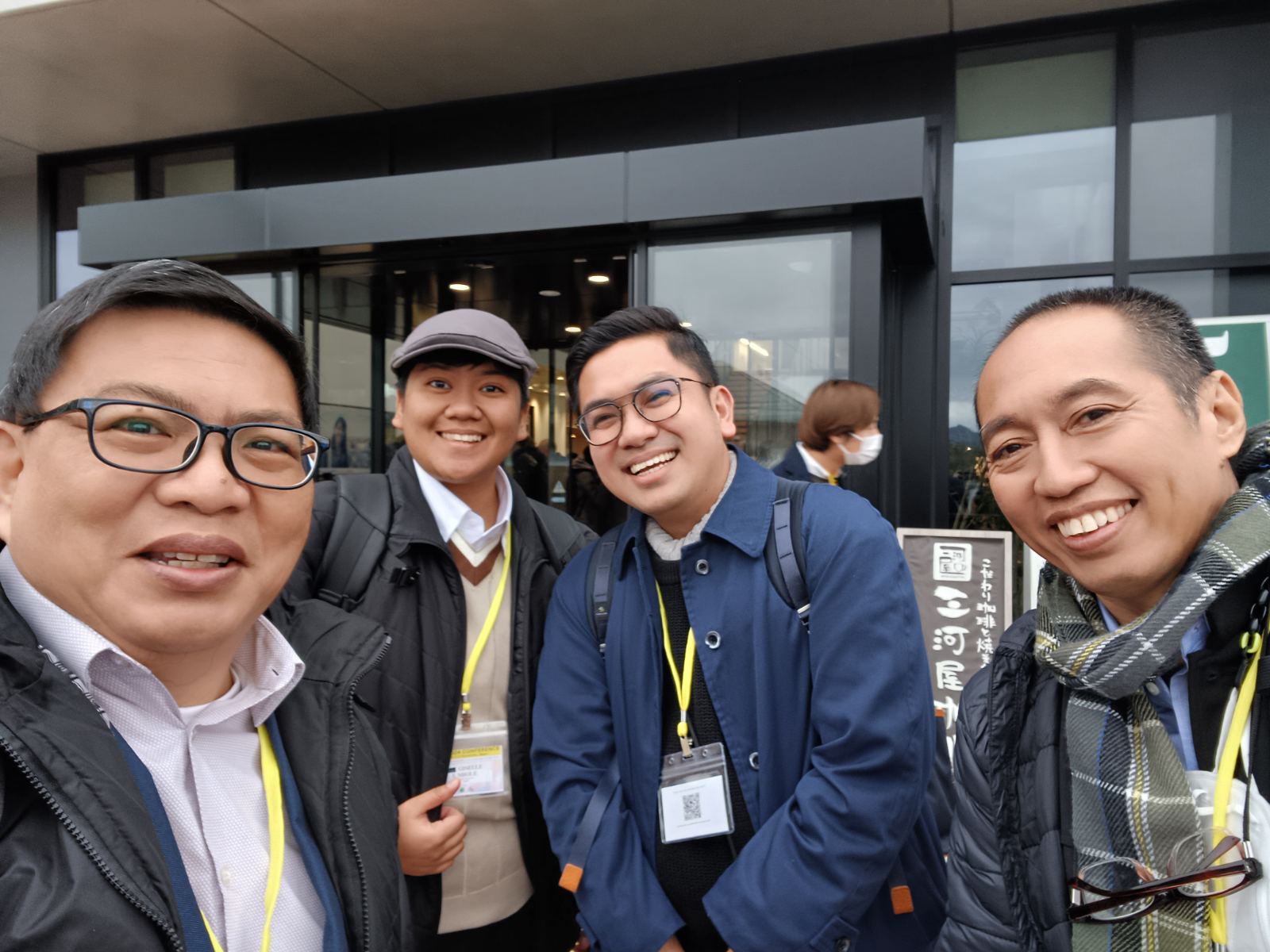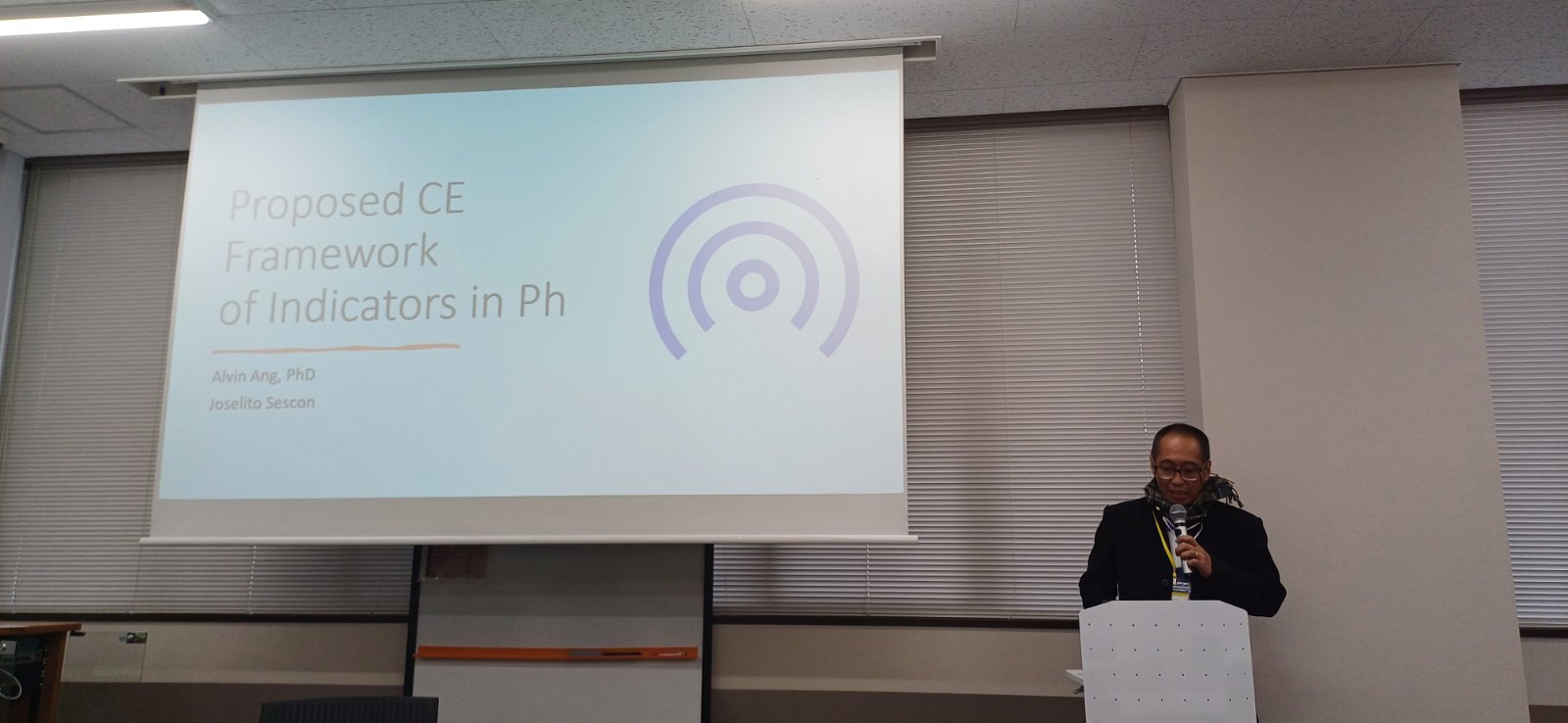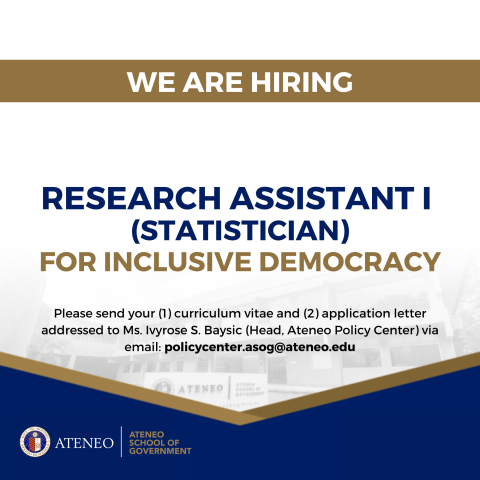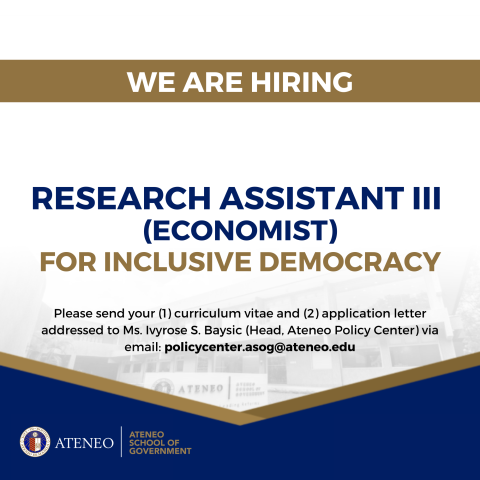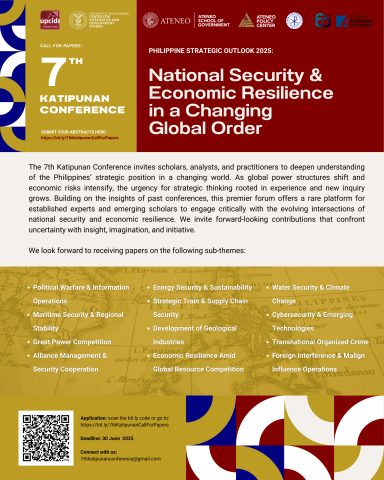Ateneo Department of Economics at the NERPS 2024 Conference in Hiroshima
01 Apr 2024
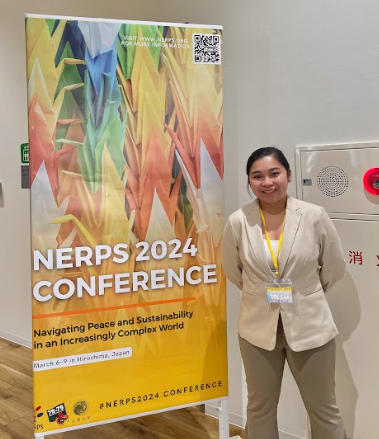
Micah Shane D Calivo (2 AB EC) and Jaca Luis Astudillo presented their research paper, “Towards a Net-Zero ASEAN Economy: The Impact of Green Technology Adoption on the Gross Domestic Product (GDP) of Selected ASEAN Member States” during the 3rd Network for Education and Research on Peace and Sustainability (NERPS) Conference from 6 to 9 March 2024, hosted at Hiroshima University, Japan.
In celebration of the 30th anniversary of the Earth Summit and the 100th anniversary of the Geneva Conventions, NERPS strengthens its global commitment by bringing together educators, researchers, and practitioners dedicated to peaceful and sustainable societies amid global challenges. Collaborating with stakeholders, NERPS identifies research priorities and tackles emerging issues concerning peace and sustainability.
Micah Calivo, the paper's corresponding author, led discussions on green technology adoption in five ASEAN member states—Indonesia, Malaysia, Philippines, Thailand, and Vietnam—accounting for over 90% of carbon emissions in the region. Emphasizing cross-country analysis, the discussion evaluated how green technology adoption could mitigate GHG emissions' adverse effects on freshwater, air, and forest areas while sustaining economic growth.
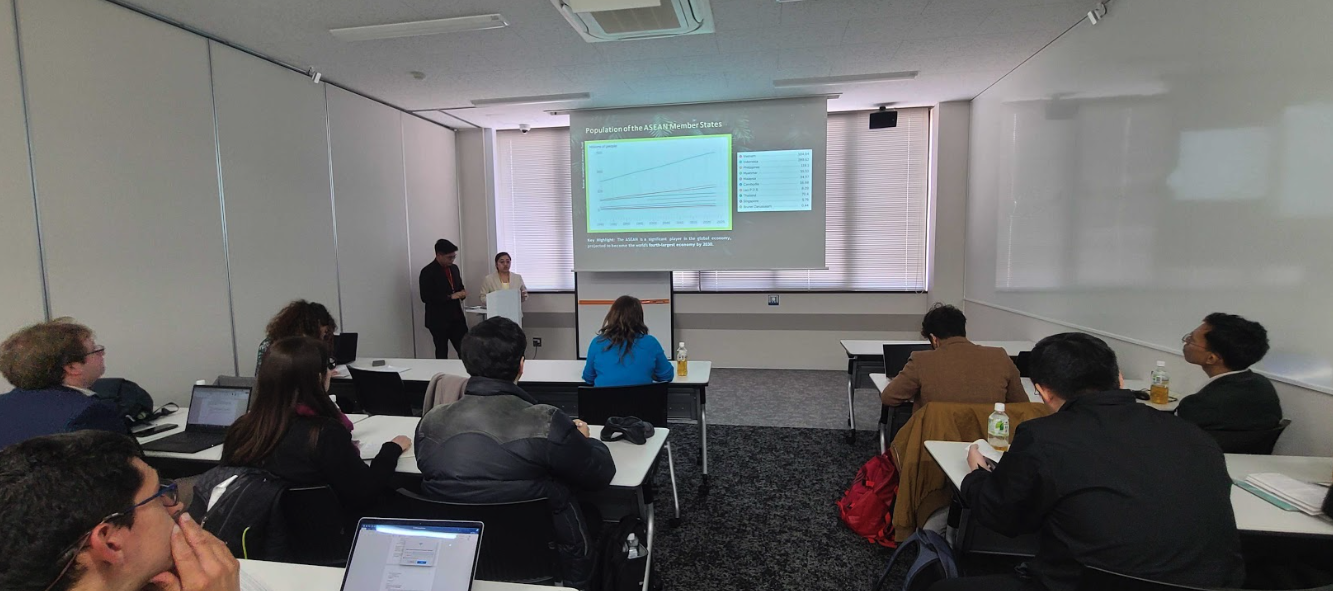
Proposing collaborative efforts to invest in renewable energy infrastructure, create supportive policies, and leverage microfinance for green technology adoption, Micah emphasizes the need for global commitment to minimize GHG emissions in the ASEAN economy. Micah urges allies to advocate for strengthened emission standards and systems, recognizing the importance of addressing climate crises, AI advancements, sustainability politics, and peacebuilding. Stressing policymakers' need for regular strategy assessments, Micah emphasizes adaptability to tackle emerging challenges and opportunities in the ASEAN region.
Furthermore, Micah underscores that ASEAN member states' leadership is crucial for achieving net-zero commitments but asserts that these programs alone are insufficient. Advocating for underserved communities' representation in decision-making processes alongside policymakers, Micah highlights their invaluable insights for ensuring every citizen's meaningful and prosperous life.
You can read Micah's paper here.
Additionally, Dr Alvin Ang and Mr Joselito T Sescon from the Department of Economics presented their study, "Proposed CE Framework of Indicators in PH," at the same conference.
